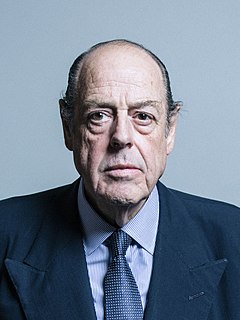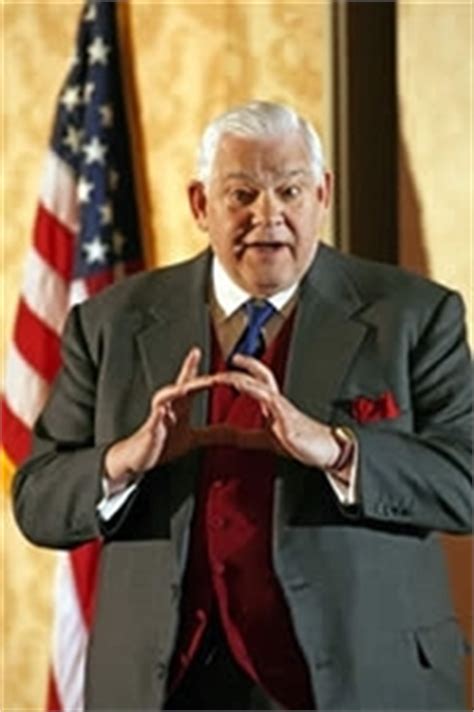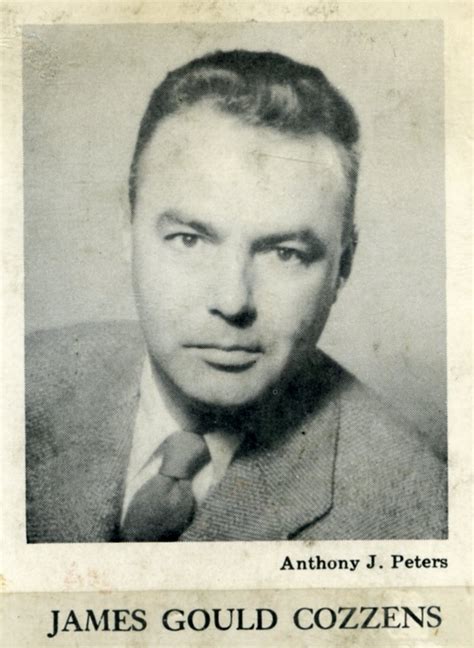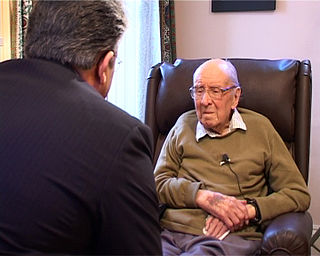A Quote by Gretchen Rubin
No leader did more for his country than Winston Churchill. Brave, magnanimous, traditional, he was like a king-general from Britain's heroic past. His gigantic qualities set him apart from ordinary humanity; there seemed no danger he feared, no effort too great for his limitless energies.
Related Quotes
I've got more in common with a three-toed sloth than I have with Winston Churchill. There is no easy comparison with any modern politician. The more you read about him, the more completely amazed you are about what he did - his energy, his literary fecundity, his ability to work - just unbelievable energy.
When Prime Minister Neville Chamberlain's government fell in May 1940, the nation turned to Churchill. At last, his unique qualities were brought to bear on a supreme challenge, and with his unshakable optimism, his heroic vision, and above all, his splendid speeches, Churchill roused the spirit of the British people.
Strange is the vigour in a brave man's soul. The strength of his spirit and his irresistible power, the greatness of his heart and the height of his condition, his mighty confidence and contempt of danger, his true security and repose in himself, his liberty to dare and do what he pleaseth, his alacrity in the midst of fears, his invincible temper, are advantages which make him master of fortune.
As time passed and he grew to know people better, he began to think of himself as an extraordinary man, one set apart from his fellows. He wanted terribly to make his life a thing of great importance, and as he looked about at his fellow men and saw how like clods they lived it seemed to him that he could not bear to become also such a clod.
Bailey might not have great intelligence or abilities, but his whole aim, thought and study was that of the born leader--to look out for himself; and he did it with that born-leader's confidence and intensity that draws along the ordinary uncertain man, who soon confuses his own interest and his own safety with that of the leader.
Adlai Stevenson, himself a notable speaker, often reminisced about his last meeting with Churchill. I asked him on whom or what he had based his oratorical style. Churchill replied, "It was an American statesman who inspired me and taught me how to use every note of the human voice like an organ." Winston then to my amazement started to quote long excerpts from Bourke Cockran's speeches of 60 years before. "He was my model," Churchill said. "I learned from him how to hold thousands in thrall."
Nevertheless, he must be cautious in believing and acting, and must not inspire fear of his own accord, and must proceed in a temperate manner with prudence and humanity, so that too much confidence does not render him incautious, and too much diffidence does not render him intolerant. From this arises the question whether it is better to be loved more than feared, or feared more than loved.
His (Lenin's)humanitarianism was a very abstract passion. It embraced humanity in general but he seems to have had little love for, or even interest in, humanity in particular. He saw the people with whom he dealt, his comrades, not as individuals but as receptacles for his ideas. On that basis, and no other, they were judged. He judged man not by their moral qualities but by their views, or rather the degree to which they accepted his.
A new danger now beset him [Grotius], the danger of becoming simply a venal pleader, a creature who grinds out arguments on this or that side, for this or that client: a mere legal beast of prey. Fortunately for himself and for the world he took a higher view of his life-work: his determination clearly was to make himself a thoroughly equipped jurist, and then, as he rose more and more in his profession, to use his powers for the good of his country and of mankind.
There is no tongue to speak his eulogy;
Too brightly burned his splendour for our eyes:
Far easier to condemn his injurers,
Than for the tongue to reach his smallest worth.
He to the realms of sinfulness came down,
To teach mankind; ascending then to God,
Heaven unbarred to him her lofty gates,
To whom his country hers refused to ope.
Ungrateful land, to its own injury
Nurse of his fate! Well too does this instruct,
That greatest ills fall to the perfectest.
And 'midst a thousand proofs, let this suffice,
That, as his exile had no parallel,
So never was there man more great than he.
His readiness to undergo persecutions for his beliefs, the high moral character of the men who believed in him and looked up to him as leader, and the greatness of his ultimate achievement - all argue his fundamental integrity. To suppose Muhammad an impostor raises more problems than it solves. Moreover, none of the great figures of history is so poorly appreciated in the West as Muhammad.

































